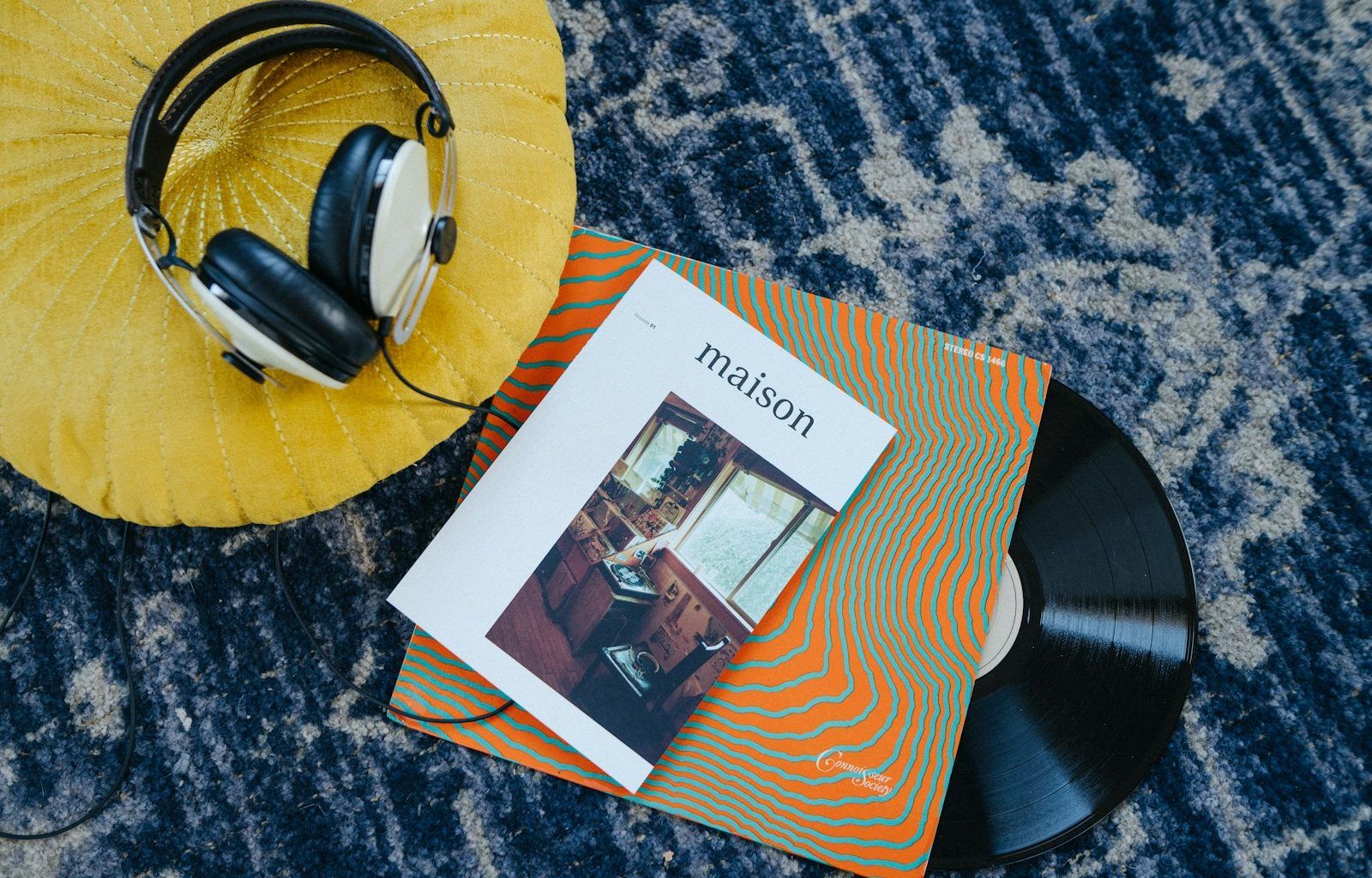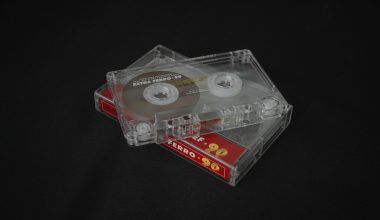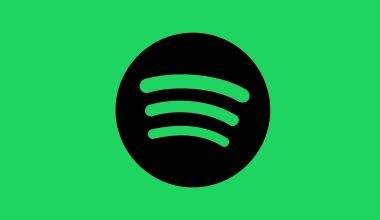If you’re a musician, songwriter, or simply curious about the music industry, you’ve probably heard the term “music publishing.” But what does it actually mean? At its core, music publishing is all about managing the rights to songs and ensuring the creators get paid when their work is used. Think of it as the business side of music creation. It ensures songwriters and composers are rewarded for their creativity.
In this blog, we’ll break down music publishing into bite-sized pieces that are easy to understand. Whether you’re just starting in the industry or want to deepen your knowledge, this guide is for you.
Why is Music Publishing Important?
Music publishing might not sound glamorous, but it’s the backbone of the music industry. Without it, many songwriters and composers wouldn’t receive fair compensation for their hard work.
It’s about more than just money, though. Music publishing also ensures creators retain control over how their work is used. It protects intellectual property, making sure no one can exploit a song without permission.
How Music Publishing Works
Understanding how music publishing works can feel like learning a new language. But don’t worry—we’ll take it step by step.
When a song is created, it immediately has copyrights attached to it. These copyrights are divided into two main parts:
- The composition – This covers the melody and lyrics.
- The sound recording – This is the actual recorded performance of the song.
Music publishers primarily deal with the composition rights. They help manage, license, and collect royalties for the use of songs in various formats, such as streaming, radio, live performances, and more.
Who Needs a Music Publisher?
If you’re a songwriter, composer, or lyricist, you should definitely consider working with a music publisher. Here’s why:
- Time-saving: They handle the business side, so you can focus on creating.
- Expertise: Publishers know the ins and outs of licensing and copyright law.
- Connections: They often have relationships with music supervisors, record labels, and advertising agencies that can help place your music in movies, TV shows, or commercials.
Even if you’re a new artist, partnering with a music publisher can set you up for success by opening doors to opportunities you might not have access to on your own.
Types of Royalties in Music Publishing
One of the most important aspects of music publishing is royalties. These are the payments songwriters and publishers earn whenever a song is used. Let’s break them down:
- Performance Royalties
These are earned when your song is performed publicly, whether live, on the radio, or through streaming services like Spotify and YouTube. - Mechanical Royalties
These are generated every time your song is reproduced, such as on CDs, vinyl, or digital downloads. - Sync Licensing Fees
When your song is used in a movie, TV show, video game, or advertisement, sync fees are paid. - Print Royalties
These come from the sale of sheet music or other printed versions of your song.
By understanding these royalty streams, you can see how music publishing directly impacts a songwriter’s income.
What Does a Music Publisher Do?
Music publishers wear many hats. They handle everything from licensing deals to royalty collection and even promotion. Here are some of the key responsibilities of a music publisher:
- Administering copyrights: Ensuring the song is properly registered with performance rights organizations (PROs) and copyright offices.
- Licensing music: Granting permission for songs to be used in films, TV shows, or ads.
- Collecting royalties: Tracking and collecting payments from various sources like streaming platforms, radio stations, and live venues.
- Promoting music: Pitching songs to artists, producers, or music supervisors for potential placements.
Publishers essentially act as a bridge between the creator and the industry, making sure the music reaches its full potential.
How to Get Into Music Publishing
If you’re a songwriter or composer looking to dive into music publishing, here’s how you can get started:
- Register with a PRO
Performance rights organizations (like ASCAP, BMI, or SESAC in the U.S.) help collect performance royalties on your behalf. - Work with a Publisher
Partnering with a music publisher can simplify the process of managing your copyrights and collecting royalties. - Learn About Self-Publishing
If you want full control over your music, you can act as your own publisher. This requires more effort but can be rewarding in the long run. - Network
Attend industry events, join songwriting groups, and build relationships with other professionals in the field. - Focus on Quality
The better your songs, the more likely they are to attract publishers and opportunities.
Common Myths About Music Publishing
There are a lot of misconceptions about music publishing. Let’s clear up a few of them:
- Myth: Only famous artists need music publishers.
Truth: Even independent and emerging artists can benefit from music publishing. - Myth: Publishers take all the money.
Truth: Publishers typically take a percentage of royalties, but the majority goes to the songwriter. - Myth: I can’t be a publisher and an artist.
Truth: Many artists choose to self-publish while maintaining creative control.
Conclusion
Music publishing is an essential part of the music industry that ensures creators are rewarded and protected. It might seem complex at first, but understanding the basics can make a huge difference for songwriters and composers.
Whether you’re a budding songwriter or a seasoned artist, investing time in learning about music publishing can open doors to new opportunities and ensure your hard work pays off—both creatively and financially. So, start exploring, connect with publishers, and make the most of your musical talent!
For further reading, explore these related articles:
- The Best Rap Songs of All Time: A Walk Through Hip-Hop History
- How to Improve Your Spotify Artist Ranking and Reach More Fans
For additional resources on music marketing and distribution, visit DMT Records Pvt. Ltd..






